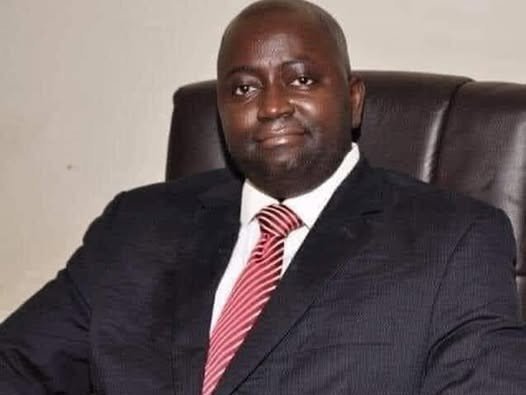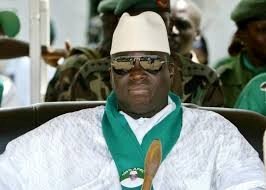Due to the recent suspension of USAID donor funds, Gambia urgently needs to reconsider how much it depends on funding government projects and civil society organizations. At this crucial time, the Government of Gambia (GoTG) should push for a more independent development strategy and is actively financing local projects.
The abrupt halt of USAID funds has left many non-state actors and government projects in The Gambia scrambling for resources, exposing the vulnerability of a development model heavily dependent on foreign aid. This crisis underscores the necessity for a shift towards local funding solutions that empower domestic stakeholders to drive their own development agendas.
To counteract the suspension of funding, it is proposed that the GoTG commit to providing at least 20 million GMD annually to support non-state actors. The government can guarantee greater citizen participation and greater acceptance of its policies by funding non-state actors, which is the aim of this allocation. A culture of openness and honesty can be promoted by non-state actors who oversee government action. Strengthening local organizations also promotes local innovation and development, enabling solutions that are specifically tailored to the Gambian environment, increasing sustainability and efficiency.
The cessation of USAID funds highlights the risks of external dependency. By investing in local actors, The Gambia can cultivate a more resilient and self-reliant development ecosystem. This initiative would not only reduce dependency on foreign aid but also ensure that development projects are more aligned with national priorities and cultural nuances. It would also build capacity within civil society, fostering a robust public discourse on government policies and accountability.
The government should establish a transparent and merit-based selection process for funding, ensuring that projects chosen are those with the potential for high impact and alignment with national development goals. A monitoring system should be in place to evaluate the success of these initiatives, promoting accountability and learning. Additionally, this local funding should be complemented by exploring new partnerships with local businesses and international organizations under frameworks like the upcoming Funds for Development (FfD4), which emphasize local empowerment and sustainability.
The suspension of USAID funds is a wake-up call for The Gambia to pivot towards self-sufficiency in development funding. By committing GMD20 million annually to non-state actors, The Gambia can mitigate the immediate impacts of this funding cut and lay the groundwork for a more sustainable development model. This initiative would not only bridge the current financial gap but also strengthen the nation’s capacity for self-directed growth.
This proposal invites stakeholders from all sectors in The Gambia to join in the dialogue and action towards a more self-reliant development strategy. It’s time for The Gambia to lead its own development narrative, ensuring that the future of its growth is firmly in its own hands, shaped by its own people not USAID or any other western donor countries.






